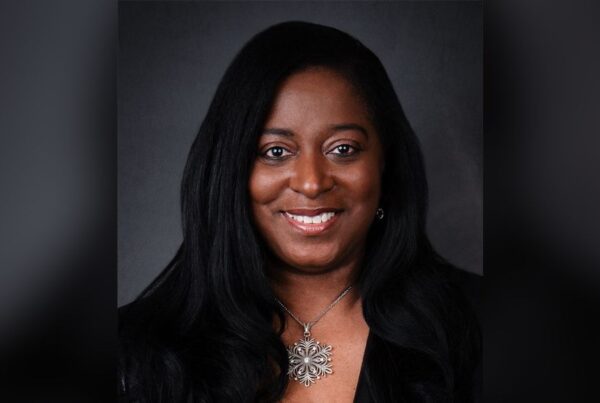
Among the market updates delivered, the insurance services firm Davies revealed that it has been certified as an agency with the Department of Education to offer “Flexi-Job Apprenticeships.” Bravo Networks also had good news to share, announcing that it has partnered with learning and development company Raise the Bar to offer fully funded apprenticeships to members in England.
Meanwhile, Zurich UK announced that it is offering 100 new apprenticeship places in 2023, in line with its ambition to, “attract young talent and futureproof its workforce.” As part of the initiative, the insurance giant is expanding its current apprenticeship programme to include new placements in HR, marketing and data protection. Though each firm is taking a different approach, at the core of these programmes is the shared ambition to diversify access routes into insurance and to champion people development on an ongoing basis.
While recently catching up with the brilliant Karen Sharpe of the insurance law firm HF, I was reminded of the sheer breadth of insurance-related roles that exist across the market, beyond underwriting, broking and loss adjusting. HF’s line-up runs the gamut from paralegal apprenticeships, to level 7 solicitor apprenticeships, to graduate entry solicitor apprenticeships – while the firm remains one of the only practices operating in the insurance sector to exclusively offer training contracts to existing employees.
Insurance apprenticeships and social mobility
As Karen highlighted during our conversation, critical to conversations around apprenticeships is understanding the capacity that the right training and development opportunities have to move the dial on advancing social mobility. Creating greater social mobility goes right to the heart of HF’s culture, she said, which can be witnessed by the number of senior leaders across the business who have traversed non-traditional routes to the top.
Social mobility in insurance is an element of the diversity, equity and inclusion (DE&I) trifecta that can occasionally dip under the radar, overshadowed by more obvious or urgent considerations. For while age, race, religion and sexual orientation were named protected characteristics under the Equality Act 2010, socio-economic status is not covered.
In an interview with Insurance Business, Zurich UK’s Caroline Dunn discussed the importance of advocating for increased social mobility in insurance, touching on her own experiences growing up in an economically disadvantaged environment.
“I grew up in Wakefield which is quite a poor area and quite different culturally to living and working in London,” she said. “As I was growing up and thinking about what I wanted to do, things like insurance, and careers in the City or in financial services, were difficult to find out about. Certainly, I knew nothing about them.”
As the daughter of a plumber and a secretary, she had no family connection to financial services and has seen first-hand that not having the contacts needed to know what careers and opportunities exist in the market creates an additional barrier to entry for young people. With Caroline’s experiences in mind, the need to carry on conversations around opening up access to insurance and financial services careers to a broader talent pool seems especially critical.
Hearing from insurance apprentices
Of course, perhaps the clearest and strongest voices emphasising the link between apprenticeships and an expanded network of insurance talent are those from the individuals who have themselves seized such opportunities. Ellie Jones, now a senior account handler at Hazelton Mountford, is one such ambassador for the cause.
“It’s an achievable way of getting into a career without having to go to university/college,” she said, “starting from the bottom and working your way up and consistently earning a wage while you learn and grow. By the time my friends were leaving university, I had a career and was earning a good wage.”
The best thing about the development of apprenticeship programmes is they amount to something of a self-fulfilling prophecy. Those who undertake them tend to become their most ardent defenders and, as they progress in their careers, also the finest advertisements possible for the difference these initiatives can make.
What are your thoughts on insurance apprenticeships? Please feel free to share your comments below.




